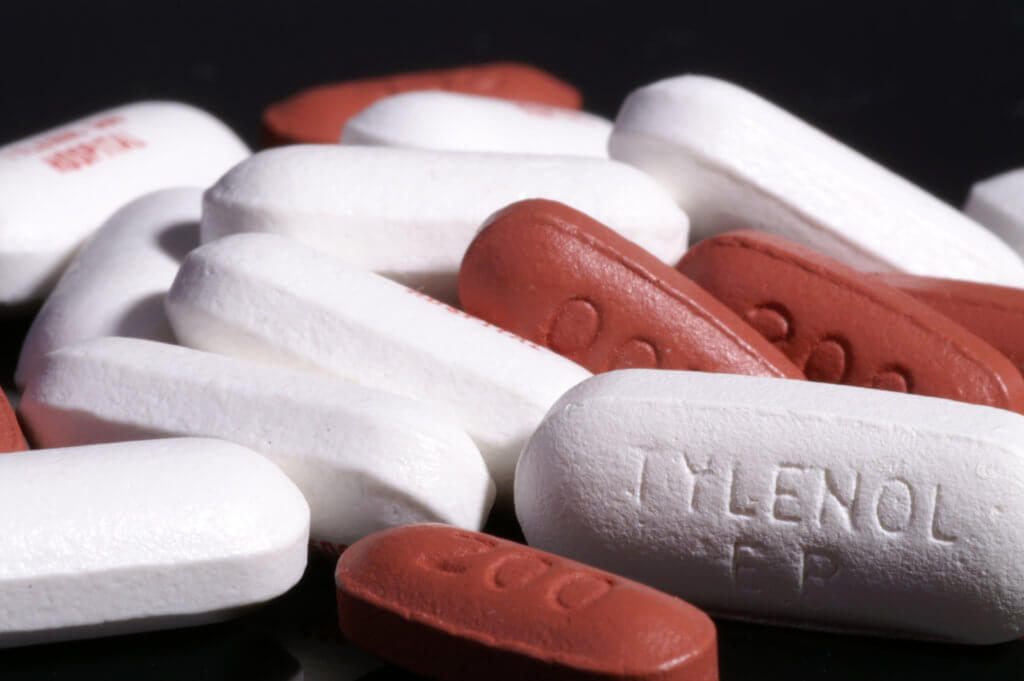BATH, United Kingdom — Pain medications could soon help patients — and the environment. Scientists from the University of Bath have found a way to make common painkillers like ibuprofen and acetaminophen from pine trees instead of crude oil products.
You may or may not have known that various pharmaceutical drugs are created using chemicals that come from crude oil. However, researchers say this poses a significant threat to sustainability efforts as the world attempts to reduce greenhouse emissions.
“Using oil to make pharmaceuticals is unsustainable – not only is it contributing to rising CO2 emissions, but the price fluctuates dramatically as we are greatly dependent on the geopolitical stability of countries with large oil-reserves, and it is only going to get more expensive,” says Dr. Josh Tibbetts, a research associate in Bath’s Department of Chemistry, in a university release.
“Instead of extracting more oil from the ground, we want to replace this in the future with a ‘bio-refinery’ model.”
The new chemical precursors are derived from bio-renewable β-pinene, a component of turpentine. Turpentine is from pine trees and is a huge waste byproduct from the paper industry. Annual production of turpentine exceeds 350,000 tons, which is over three times the amount needed to meet the global demand for both acetaminophen (TYLENOL or paracetamol in the U.K.) and ibuprofen.

The team successfully synthesized a wide variety of other precursor chemicals from turpentine, such as 4-HAP (4-hydroxyacetophenone), which is the precursor of drugs like beta-blockers and the asthma inhaler drug, salbutamol. This precursor is also used for products like perfumes and cleaning agents.
“Our turpentine-based biorefinery model uses waste chemical by-products from the paper industry to produce a spectrum of valuable, sustainable chemicals that can be used in a wide range of applications from perfumes to paracetamol.”
Typically, chemicals would be put in a large reactor to create separate batches of product. Now, scientists use continuous flow reactors, which means that production can happen seamlessly without interruption and be easily scaled upward. In comparison to crude oil, using turpentine to produce medication and other products is a more expensive process. As such, consumers should be prepared to pay a bit more for painkillers than they might already be used to when visiting the pharmacy.
The slightly higher cost comes with the fact that the products would be significantly more sustainable and completely plant-derived. The potential use of turpentine in mass-producing common painkillers as a replacement for crude oil could help nations reach the goal of reducing greenhouse emissions to as close to zero as possible more quickly.
The findings are published in the journal ChemSusChem.
You might also be interested in:
- Dangers Of Common Painkillers: 5 Potential Risks From Taking OTC Pain Relief Drugs
- Best Headache Medicine: Top 5 OTC Pain Relievers Most Recommended Across Expert Reviews
- Common pain relievers can weaken immune system’s defense against infectious diseases

